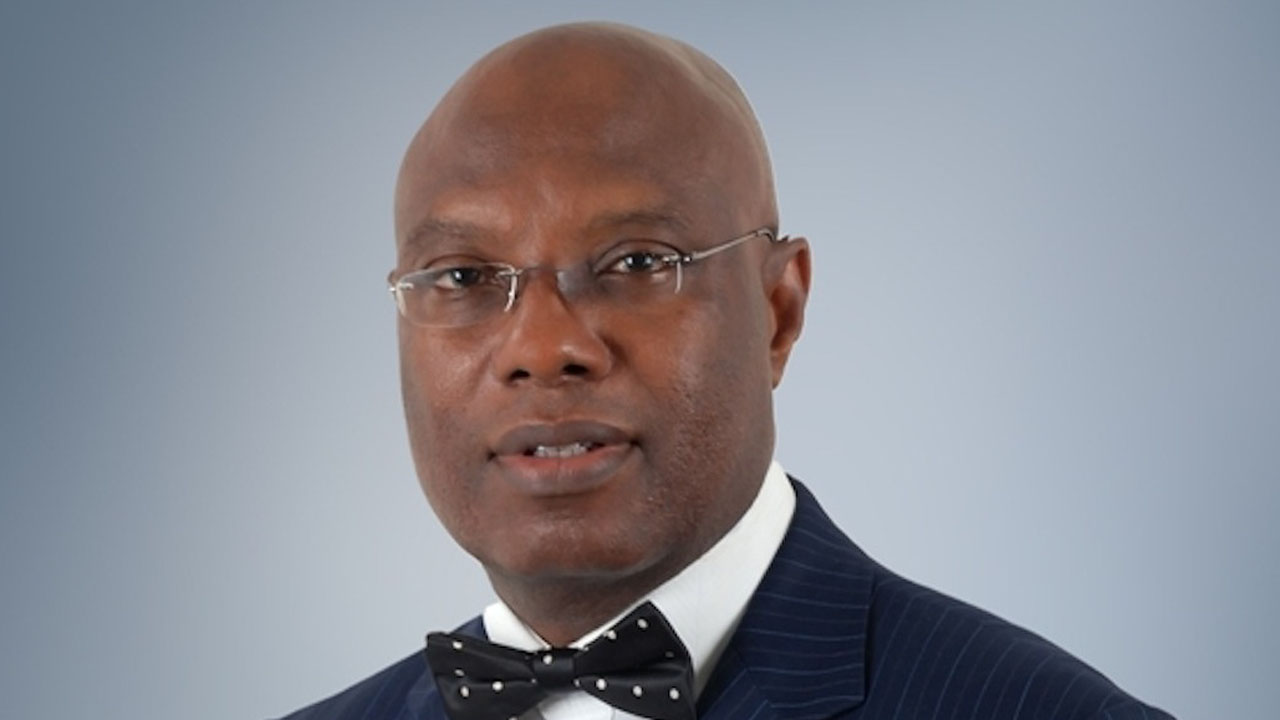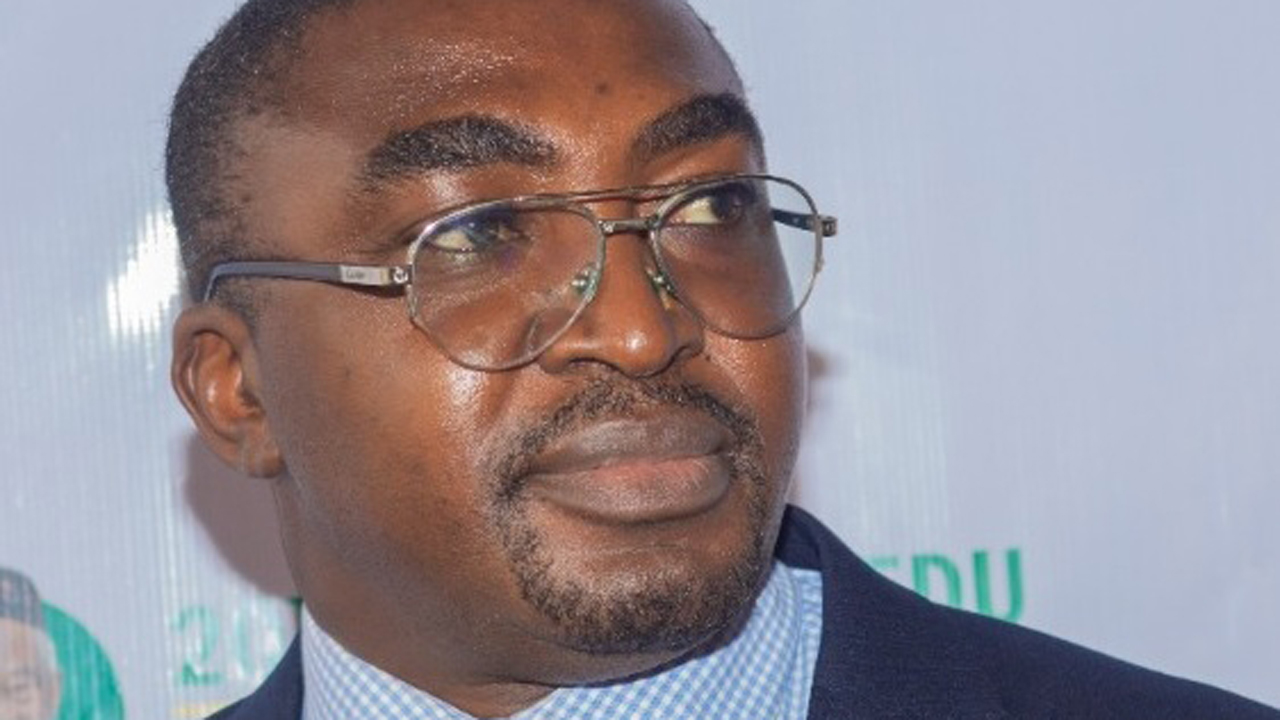
After an initial effort that eventually turned out to be a ‘false start’, a fresh move is underway to establish Nigeria Construction Development Bank, which will provide low-interest loans to construction firms and estate developers in the country.
President Bola Ahmed Tinubu had during a consultative session with members of the Federation of Construction Industry in Nigeria (FOCI) as part of his campaigns, pledged to consider the bank proposed by members of FOCI, adding that the problem of the industry is the paucity of long-term funding instruments.
Built environment professionals have been pushing for the establishment of a specialised bank since the Olusegun Obasanjo administration. The establishment of the specialised bank will open up opportunities for access to cheap long-term loanable funds that will help accelerate the increase in housing stock and infrastructure deficits.
Nigeria needs to build at least a minimum of one million housing units in the next 17-20 years to meet housing needs. The bank will also be the destination for accessing funds for the construction of infrastructure such as roads, bridges and power, as well as heavy engineering needs like hydro dams, aviation, railways and refineries all at favourable interest rates.
The pioneer promoters of the initial Construction Bank in formation have lauded this administration’s initiative and urged the Federal Government to make good its promise. They plan to collaborate to bring the vision and promise of President Bola Tinubu to realisation.
Past president, the Nigerian Institute of Quantity Surveyors (NIQS), Mr. Olusegun Ajanlekoko, who acted as Chairman, told The Guardian “we will be prepared to meet with the President to collaborate with them to get the bank off the ground since he believes in its establishment, as part of government’s economic agenda.”
Ajanlekoko said: “For any government that aspires to alleviate the slow rate of the development of its country, especially with regards to housing and infrastructure deficits, it is sine qua non that they have to take a look into the financial instruments that could bring about the necessary succor and solution to these twin problems.
“So, I am not surprised that President Bola Ahmed Tinubu led progressive and pragmatic government is showing interest in the establishment of a private sector-led Construction Development Bank.”
He explained their proposal was for an enduring and impactful construction development bank, led by the private sector with the government acting as a catalyst and major supporter, as well as partner, for its quick establishment in the overall interest of the citizenry.

Ajanlekoko, who is the President, Commonwealth Association of Surveying and Land Economy (CASLE), said the bank would be viable, attract local and foreign investors, including institutional investors, such as insurance companies. “In view of the nature of operation of the bank, it will require a huge capital inflow to meet its goal and objectives.
“Suffice to say that the solution to homelessness, infrastructure and heavy engineering deficits that could push us as a nation to move from a third world country to a developing one lies in the setting up of this specialised bank that can ameliorate and fast track the much-needed upliftment of a vital sector of our economy that could contribute to the rapid growth of its GDP.”
One of the pioneer members, Mr. Godwin Arah, said the establishment of a Construction Bank in Nigeria would be a v strategic step that the Federal Government will take to grow the economy, considering the contribution of the construction industry in any economy, especially in the areas of outputs to national economic and physical development.
“The construction industry has great impact in the creation and growth of employment both skilled and unskilled, which will do the Nigeria labour market a lot of good and assist the government in its fight against poverty and unemployment. Moreover, it will stimulate growth in gross domestic fixed capital formation, thereby growing the economy.
According to Arah, the Construction Bank is highly desirable in Nigeria and equity capital requirement would not be below the N25 billion required for universal banking licence, “the capital should come from a combination of government and private investments.
“Considering the method of valuation for payment of work done on a project, the interest charged on a project because of the monthly payment usually becomes halved when considered on a per year basis and as such the Construction Bank financing can be carried out at a single rate or something much less than the commercial banks charge in Nigeria.”
He explained that the pioneer promoters did not give up, but were overwhelmed by the increase in the equity capital to N25 billion. “The licensing process had reached a point where it could be assumed that a tacit nod had been given to its establishment subject to meeting the equity capital and any other specific requirements of the Central Bank of Nigeria (CBN). In fact, we believed what was remaining at the time was to raise the capital and wait for the licence,” he added.
A past president, Nigerian Institute of Architects (NIA), Bukky Ejiwunmi, who was among the team, said: “It was a popular proposal and a lot of people were ready to invest in it, including foreigners. If achieved now, I can say categorically that it will be another feather to the cap of this administration.”






